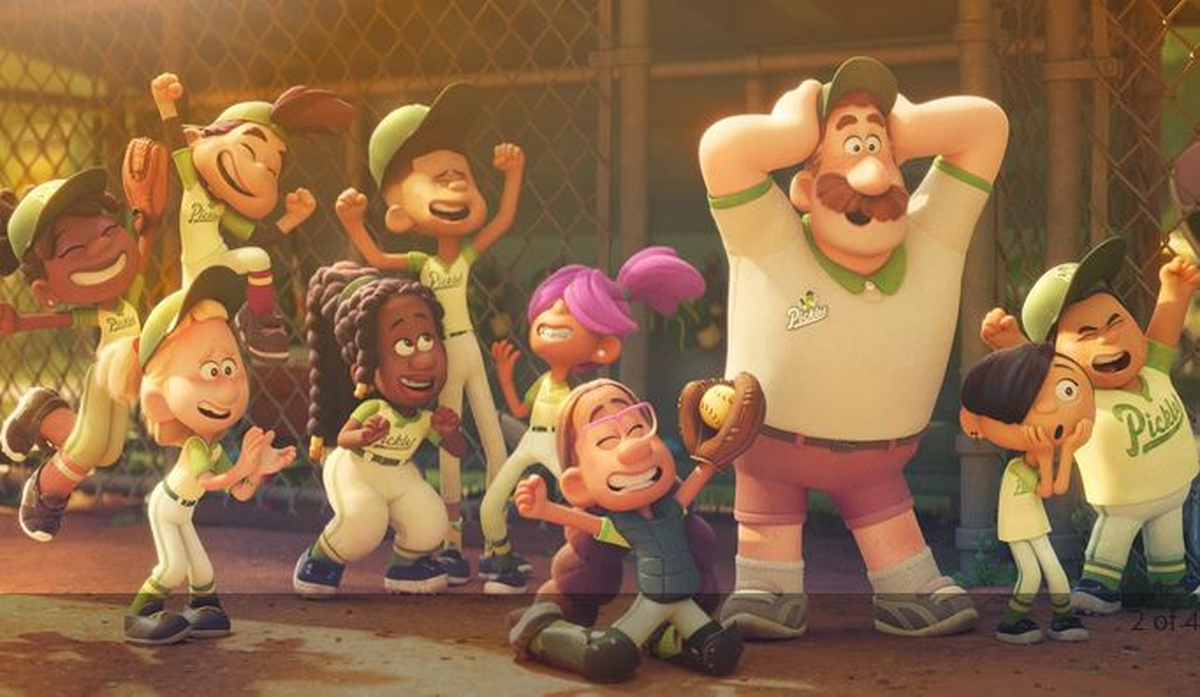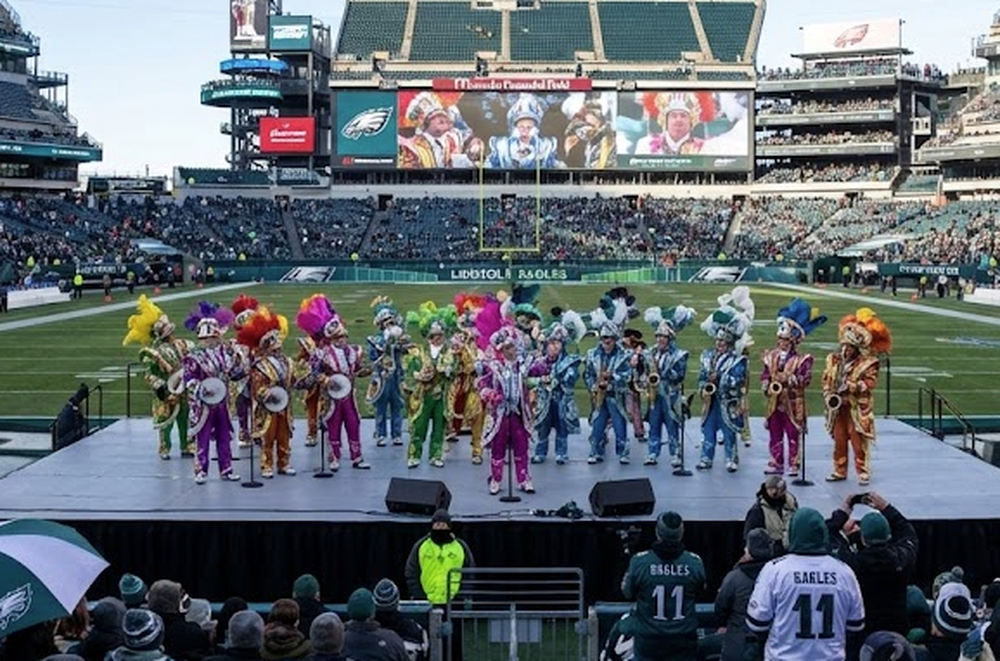FLORIDA - In a move that has stirred controversy and conversation, Disney has decided to excise a transgender storyline from its much-anticipated Pixar series, 'Win or Lose.' This decision, revealed just weeks before the February 2025 premiere on Disney+, was based on the company's stance that "many parents would prefer to discuss certain subjects with their children on their terms and timeline," as stated by a Disney spokesperson.
'Win or Lose' is set to follow the Pickles, a co-ed middle school softball team, in the week leading up to their championship game, with each episode focusing on a different character's perspective. The transgender storyline involved one of the characters, whose gender identity was originally to be explored through dialogue in later episodes. However, these lines have now been removed, although the character remains part of the series.
The removal of this narrative has not gone unnoticed, with various reactions emerging across social media platforms and news outlets. Fans of Pixar, known for its storytelling that often pushes the boundaries of animation, have expressed mixed feelings. Some commend Disney for allowing parents to guide conversations about gender identity. In contrast, others see this as a step back regarding representation and inclusivity in media aimed at younger audiences. Posts found on X (formerly Twitter) highlight a divide, with some users arguing for more inclusive content and others supporting Disney's decision for its sensitivity to family dynamics.
Chanel Stewart, the transgender actor originally cast to voice the character, has expressed disappointment with the change. In statements to various media, Stewart expressed feelings of being "very disheartened," emphasizing the importance of trans stories and representation, especially for young audiences who might feel seen through such narratives. "I was excited to share my journey to help empower other trans youth," Stewart noted, pointing out the potential lost opportunity to foster empathy and understanding through storytelling.
This decision by Disney comes at a time when the representation of diverse identities in media is under intense scrutiny. It echoes previous instances where Disney and Pixar have navigated controversies related to LGBTQ+ content, including removing a same-sex kiss from "Lightyear." It debates over the inclusion of queer characters in other projects like "Onward" and "Strange World."
The move has reignited discussions about how sensitive topics should be handled in content for children. Critics argue that the decision might sideline essential conversations about identity and acceptance, potentially missing a chance to educate and normalize diverse identities. On the other hand, supporters of Disney's decision assert that it respects parental rights to introduce complex social issues at a pace and context they deem appropriate.
Disney's handling of this storyline also raises questions about the balance between creative storytelling, corporate decisions, and societal expectations. As 'Win or Lose' prepares for its release, the conversation around this decision continues, reflecting broader cultural debates on representation, censorship, and the role of media in shaping societal norms. Whether this will lead to policy changes or further discussions within Disney or the wider entertainment industry remains to be seen. Still, for now, it has undoubtedly put 'Win or Lose' in the spotlight for reasons beyond its intended sports narrative.






